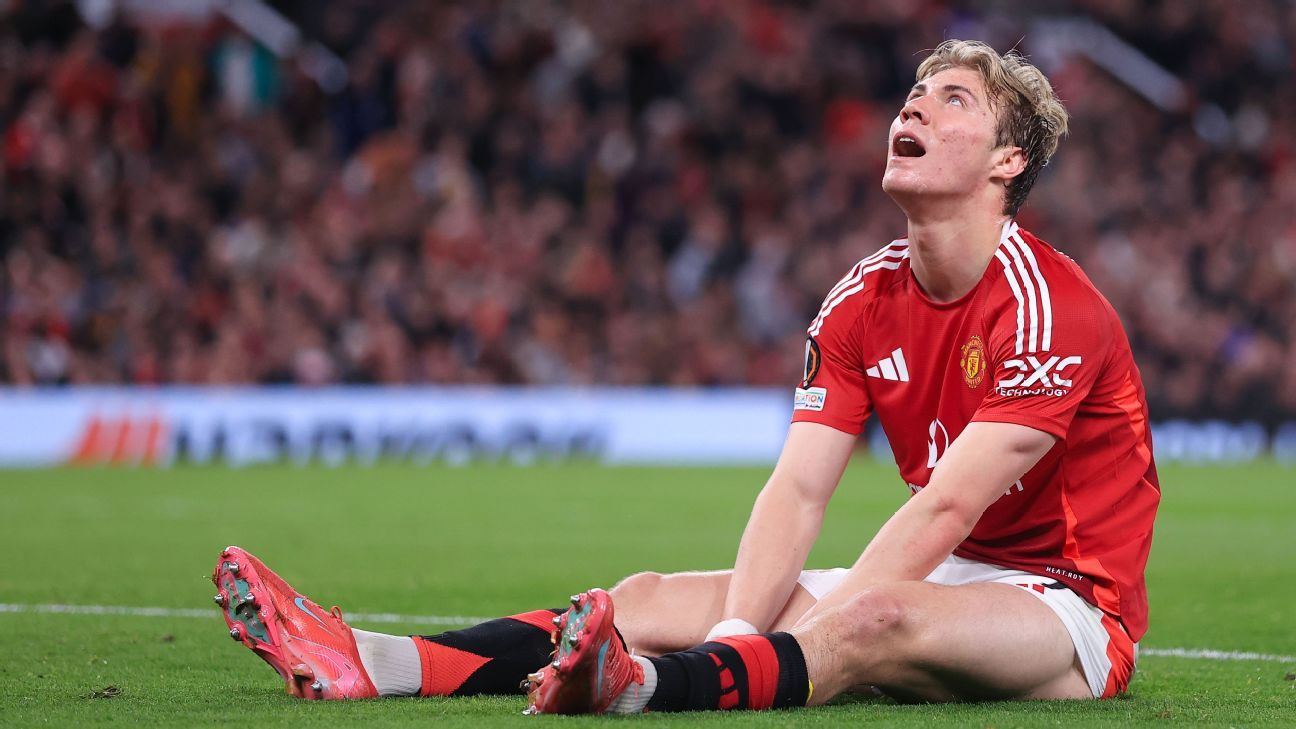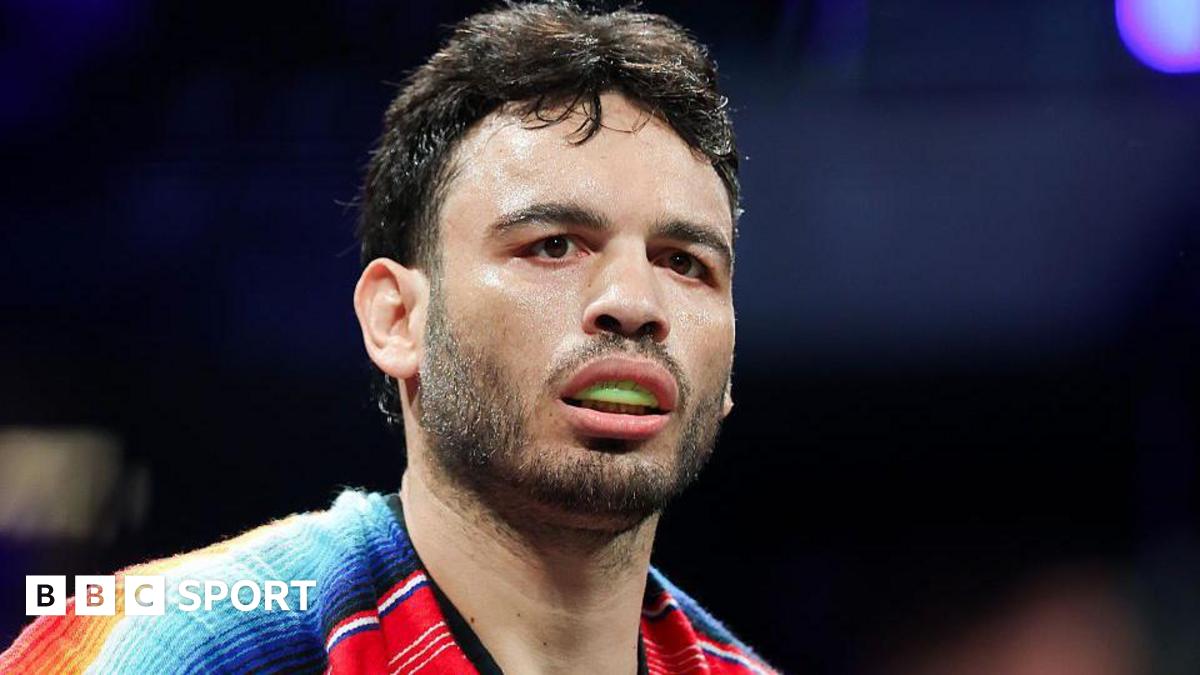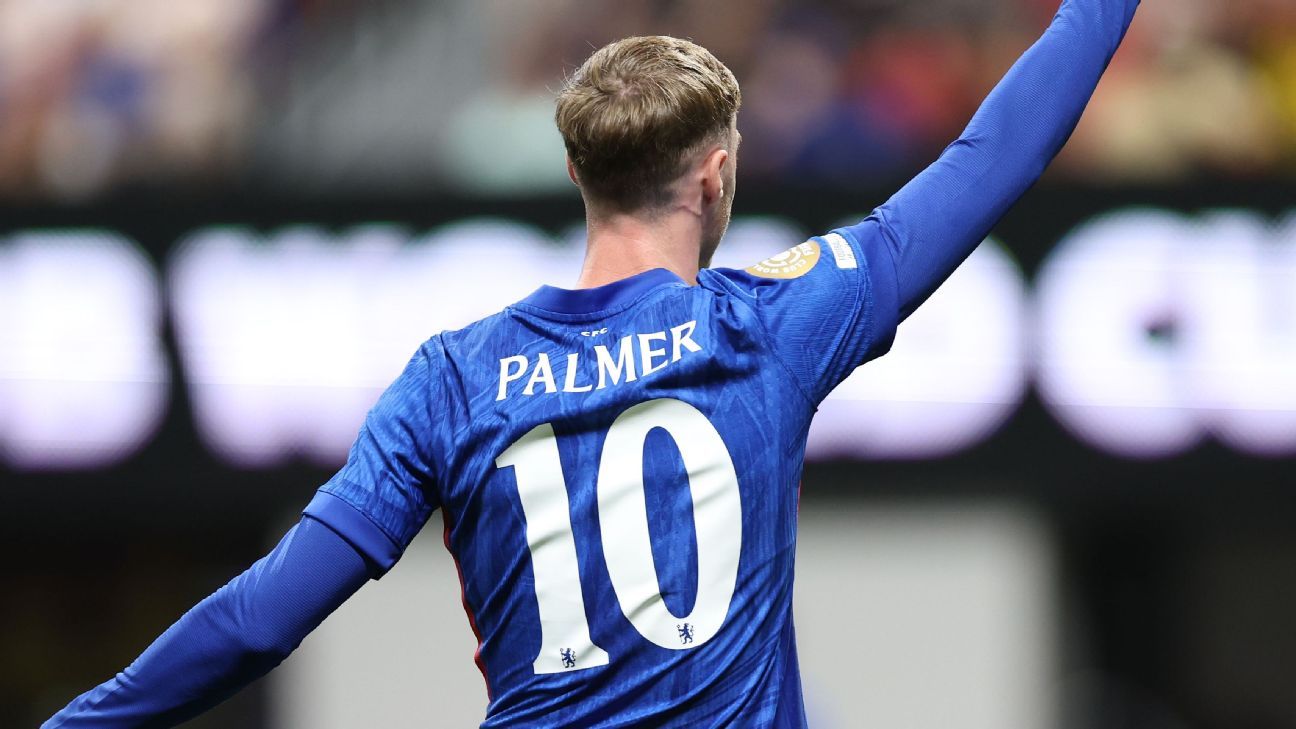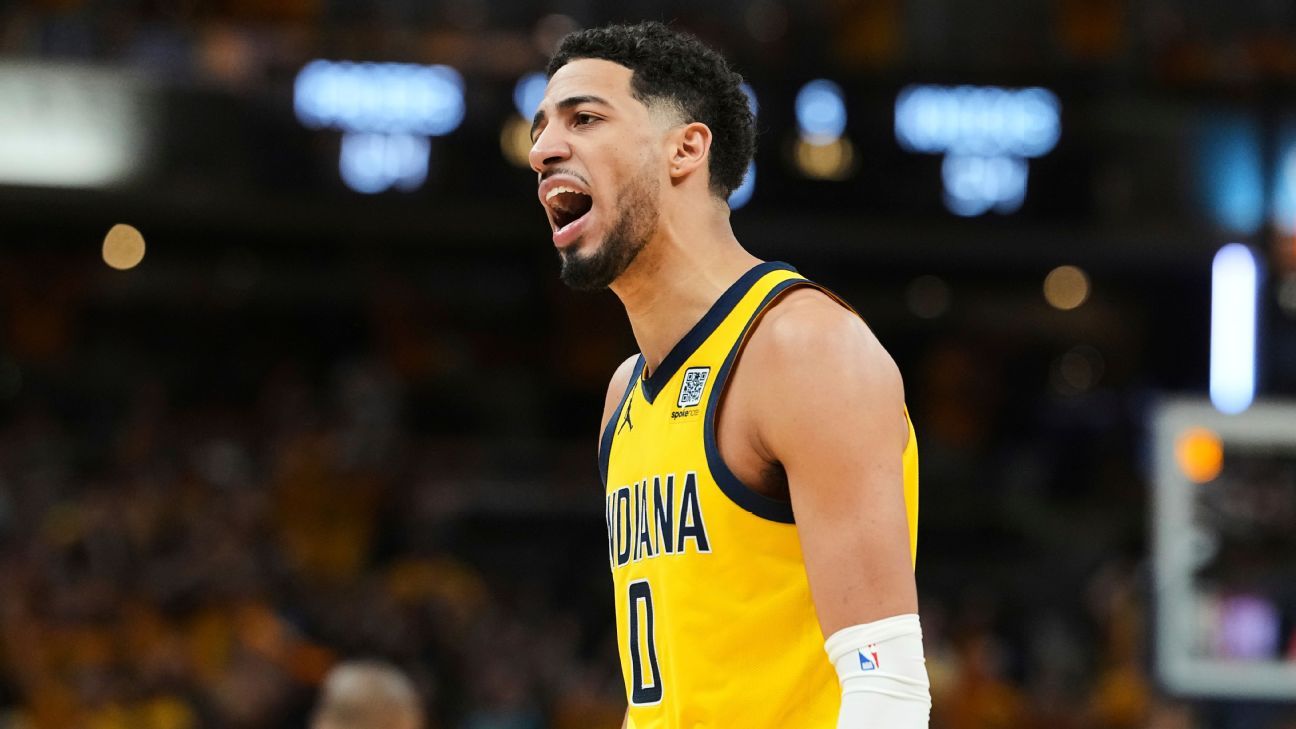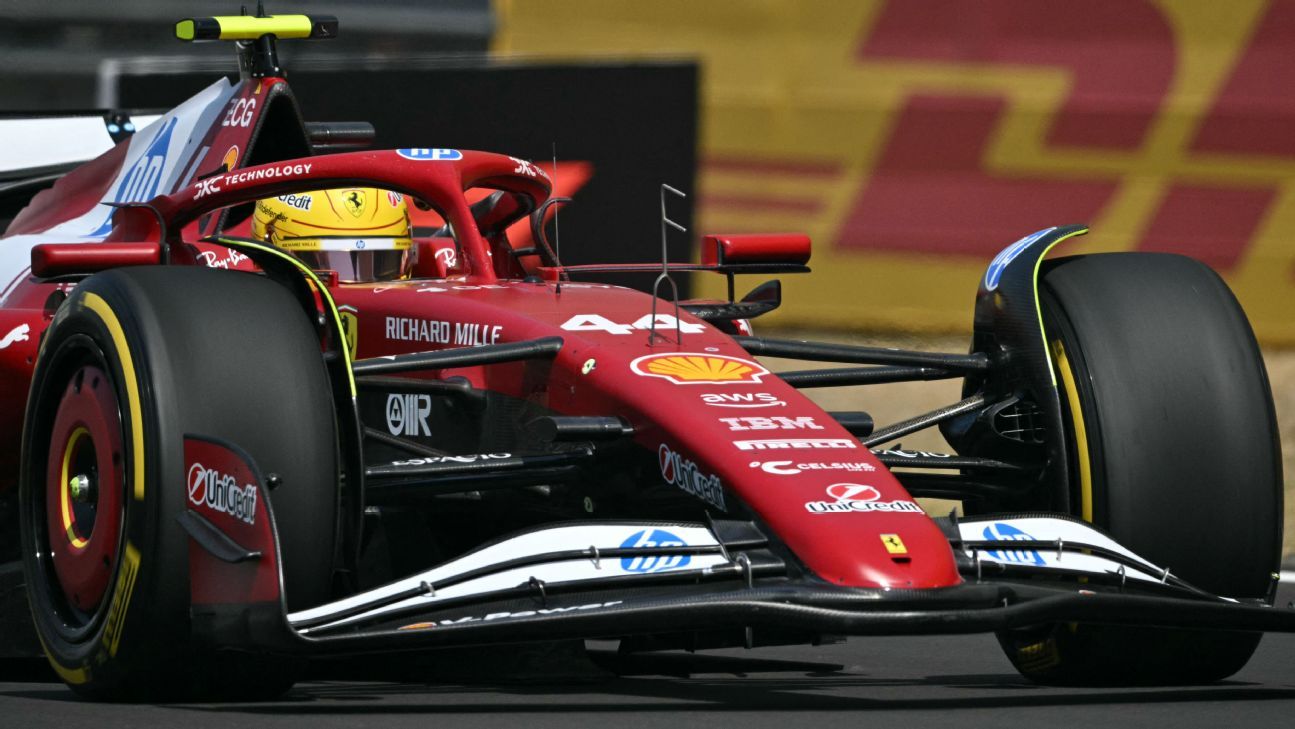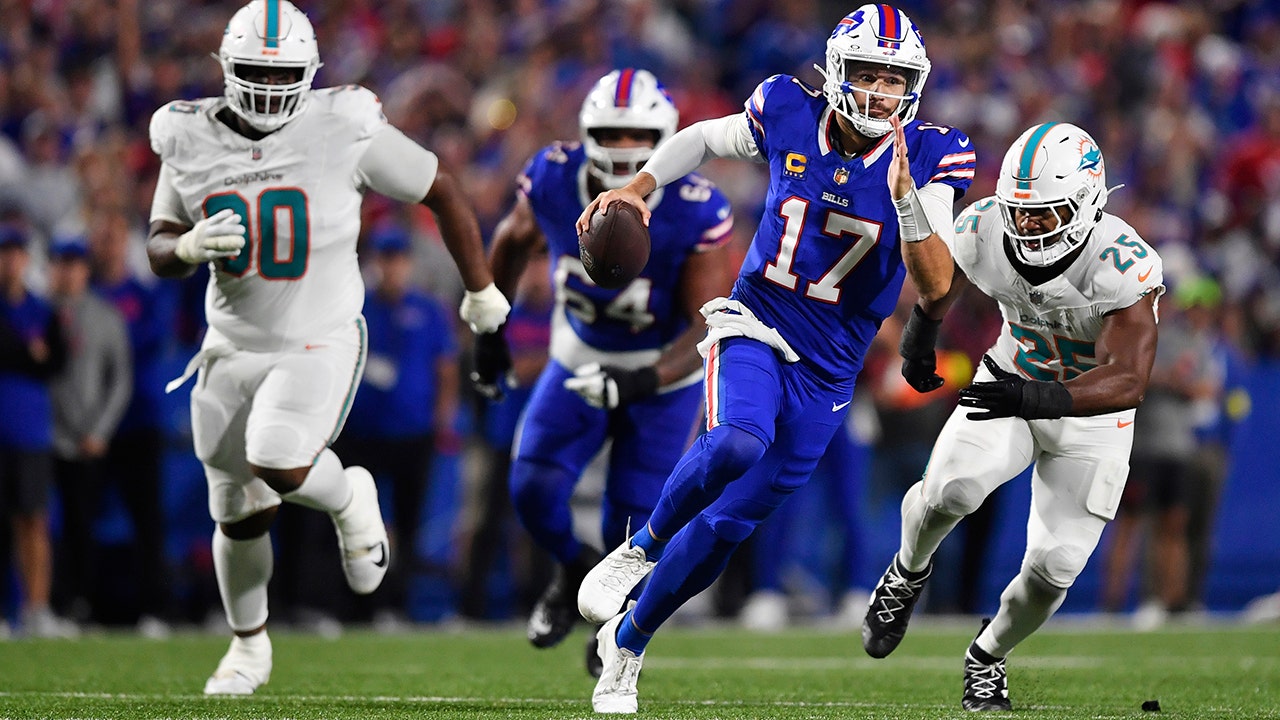When Ed Woodward was overseeing Manchester United’s recruitment in his role as executive vice chairman, he made no secret of his view that a transfer target with a release clause in their contract made life an awful lot easier.
It was one of the things that made Antoine Griezmann attractive in the summer of 2017. Woodward knew that it would take €100 million to buy out his agreement with Atlético Madrid, and so everyone — both clubs and the player — knew where they stood.
The Griezmann deal never materialized, because José Mourinho, fresh from winning the Carabao Cup and Europa League in his first season in charge at Old Trafford, chose to focus his available funds on other areas of the squad. Still, the possibility of signing the France international remained on the table right until the end of the window, because, for Woodward, it would have been relatively simple to execute. You pay the money and get the player.
Woodward is long gone — resigned in 2022 — but he would have perhaps afforded himself a smile at United’s first signing of this summer’s transfer window.
Matheus Cunha will join United after the £62.5 million release clause in his contract at Wolverhampton Wanderers was triggered. The transfer will be officially completed after the international break.
It’s easy to see why United manager Ruben Amorim wants Cunha. The Brazilian excelled as an inside forward in Wolves’ 3-4-3 system — the same system also used by Amorim — and he has experience scoring goals in the Premier League. He got 15 last season and 12 the year before.
For Man United CEO Omar Berrada and director of football negotiations Matt Hargreaves, there are other factors that made Cunha attractive. The release clause in the player’s contract at Molineux meant there was no negotiation over the fee, and the only talks with Wolves focused on the spread of payments.
United offered to pay in instalments over five years and then four. Wolves demanded they be paid over two years. That the agreement was announced on June 1 — the first day of FIFA’s specially introduced window before the Club World Cup — was evidence of its relative simplicity.
Like with Griezmann, United knew exactly what they had to do to get the deal done. It’s not always that easy, as Woodward often experienced firsthand when negotiating deals. He would regularly tell colleagues that the club’s business in the transfer market came with a “United tax” — a premium placed on players by opposing clubs when United, historically one of the biggest and richest clubs in the world, are interested. Former football director John Murtough made similar references.
Man United are not the only ones who face this issue. Newcastle United have become frustrated by what they believe is a “Saudi tax” with inflated quotes for players because they’re owned by Saudi Arabia’s sovereign wealth fund, PIF. Every club with perceived deep pockets views it as a problem.
It’s not something that can be easily proven, though — if at all — and Manchester United, for their part, have often fallen into the trap of overpaying for players.
With club bosses panicked by Erik ten Hag’s start as manager in 2022, they spent more than £150 million on Casemiro and Antony in the space of seven days at the end of the window. The deals are now accepted as costly mistakes — in terms of both transfer fee and wages — from those inside Old Trafford.
Rasmus Højlund is another. There’s still some faith that the 22-year-old will turn into the prolific front-line striker they hoped they were getting when he arrived from Atalanta in the summer of 2023, but the pricey cost for his 14 Premier League goals in two years weighs heavily.
He was initially valued at around £40 million. After a tough opening round of negotiations, Atalanta were told United wouldn’t go beyond £60 million. But United ended up agreeing to a deal at more than £70 million including add-ons — a fee that the Danish international has come nowhere near justifying.
There was a stark change in policy last summer when United walked away from negotiations with Everton for Jarrad Branthwaite over what they believed to be a vastly inflated valuation.
It was no coincidence that it was the first window managed by Berrada, who was part of the hierarchy at Manchester City when they would regularly drop targets because of what they viewed as unreasonable demands. In a twist of fate, Alexis Sánchez, Harry Maguire and Fred — all one-time City targets — each found their way to Old Trafford, instead.
United sources have told ESPN that, despite financial challenges, the club have created “headroom” to bring in new players this summer by reducing the wage bill and making other savings, including through co-owner Sir Jim Ratcliffe’s redundancy program.
The message, though, is that any spending will have to be “disciplined” ahead of a season with no European football, and it’s not being ruled out that Berrada, Hargreaves and technical director Jason Wilcox could abandon their pursuits of top targets if valuations are deemed to be too high.
They want Bryan Mbeumo from Brentford but, according to sources, will refuse to pay beyond Berrada’s predetermined “price point.” Other options include Bournemouth’s Antoine Semenyo and Eberechi Eze at Crystal Palace.
As United look to bounce back from their worst domestic season for more than 50 years, the pressure is on the club’s ability to recruit players.
Berrada and his team are looking to eliminate mistakes from the past to build a squad capable of moving the club in the right direction, all while walking a financial tightrope. They can no longer afford “United tax.”

